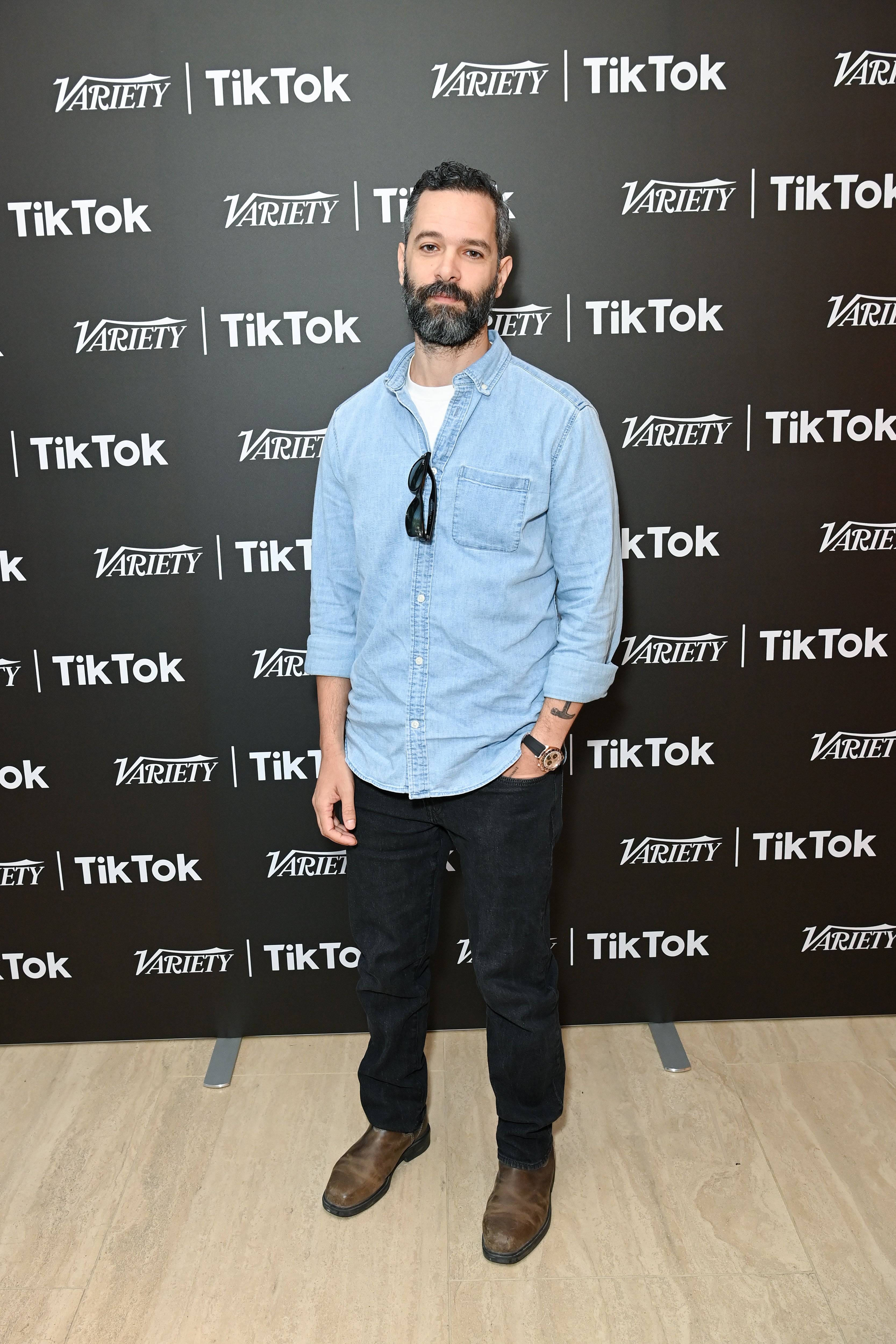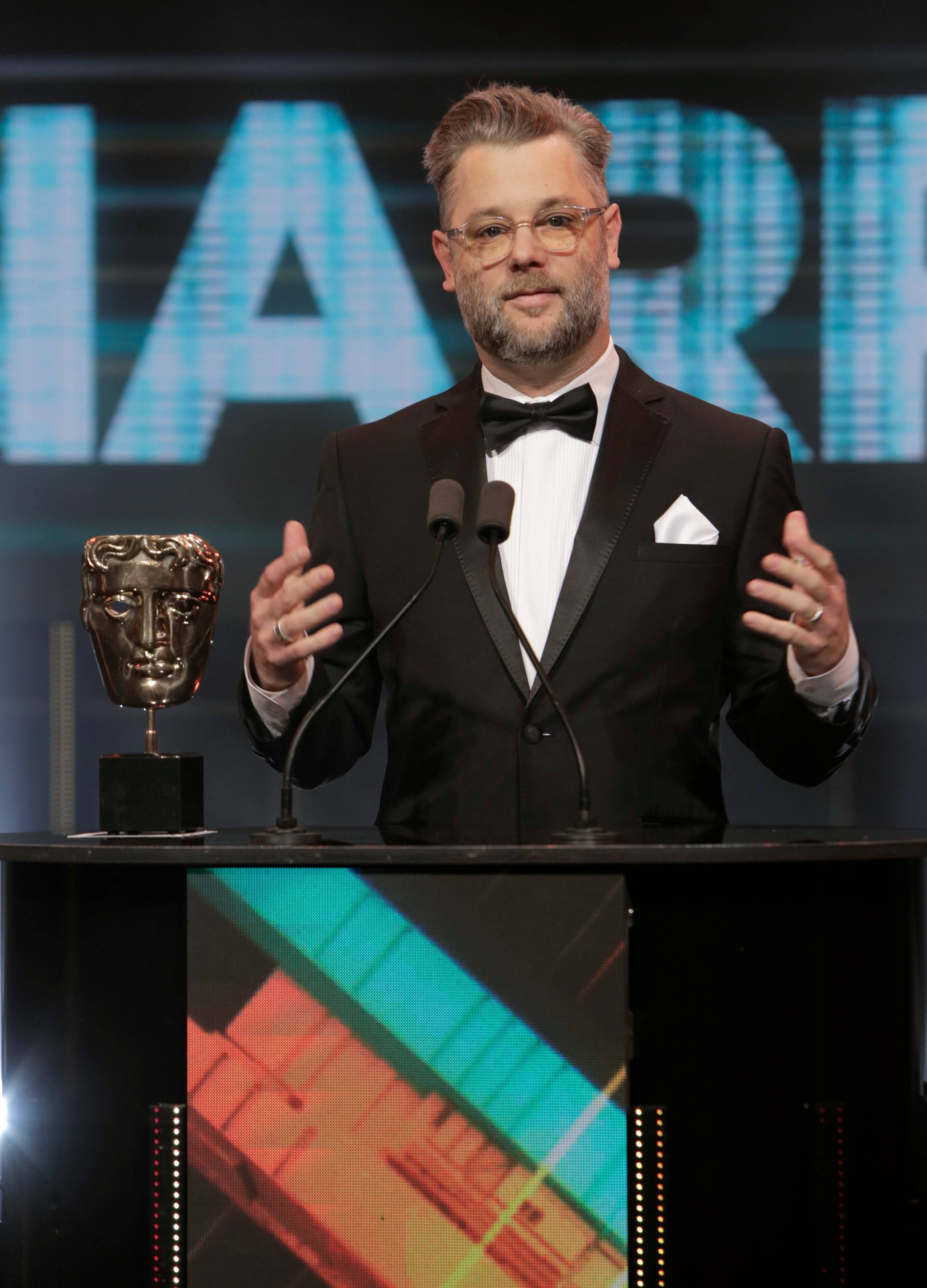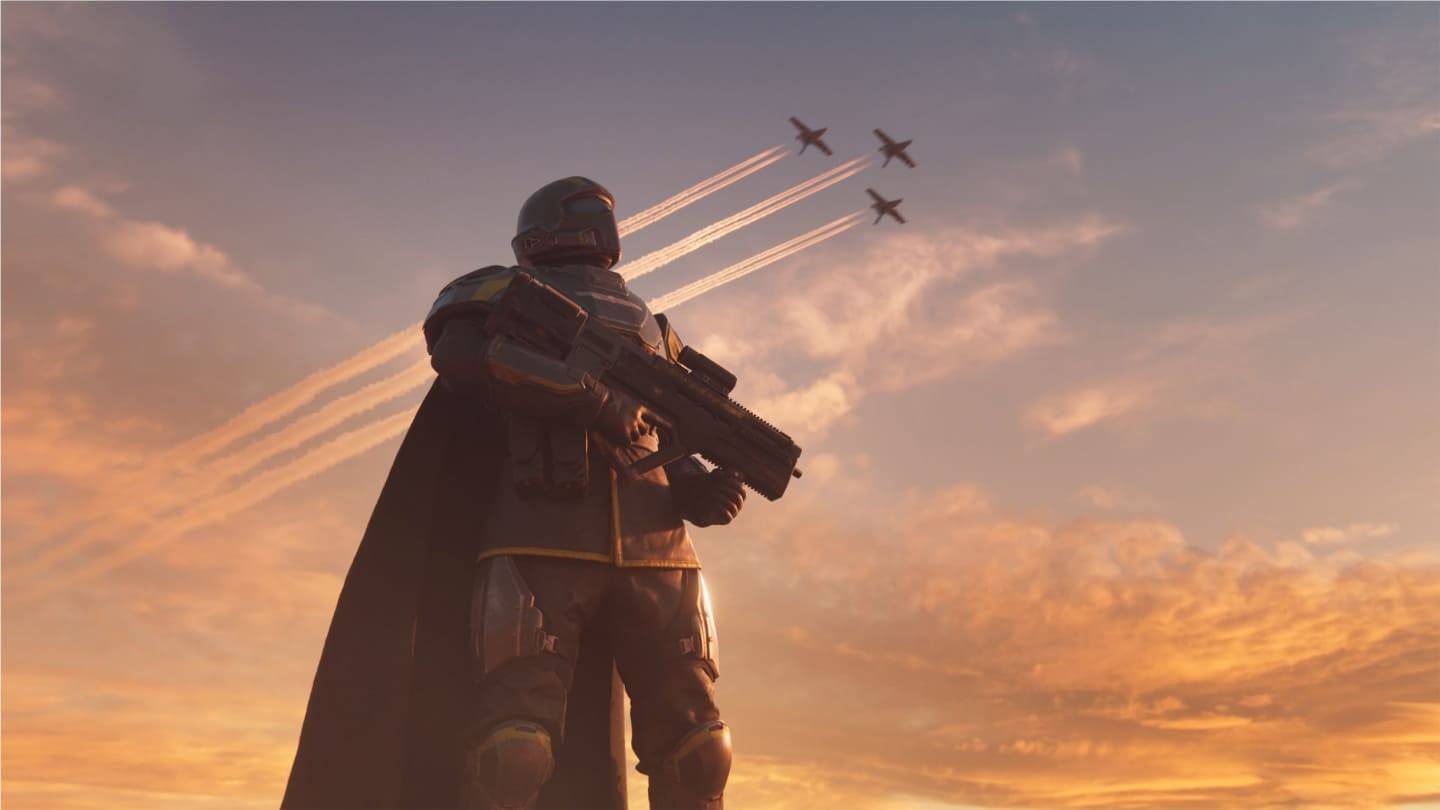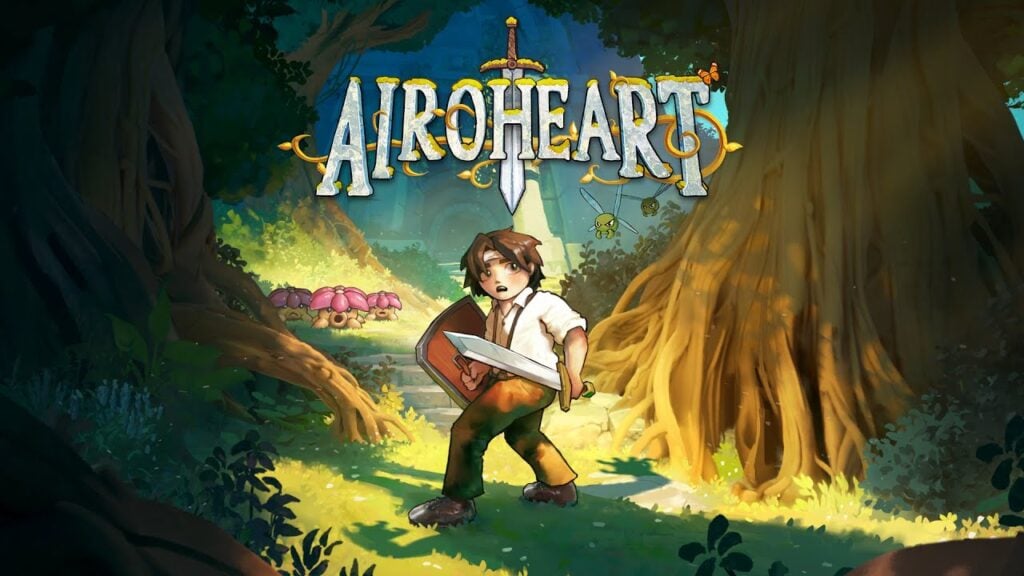At the recent DICE Summit in Las Vegas, Nevada, Neil Druckmann of Naughty Dog and Cory Barlog of Sony Santa Monica shared insights into a topic that deeply affects them both: doubt. The hour-long discussion delved into personal experiences, from self-doubt as creators to the creative process of determining the right path for their projects.
During the session, an audience question about character development over multiple games was directed at Druckmann. Surprisingly, he revealed that he doesn't plan for sequels while working on the current game. "That's a very easy question for me to answer, because I never think about multiple games, because the game in front of us is so all-consuming," Druckmann explained. He emphasized the importance of focusing entirely on the current project, suggesting that thinking about sequels could jinx the process. For example, while working on *The Last of Us 2*, he entertained fleeting ideas for future games but primarily focused on making the current game the best it could be, without saving ideas for later.
Druckmann further elaborated on his approach, noting that he reviews past work when considering sequels, focusing on unresolved elements and potential character arcs. "And if I feel like the answer is, they can't go anywhere, then I go, 'I think we'll just kill them off,'" he humorously remarked, highlighting his method of ensuring fresh narratives.

In contrast, Barlog shared a different creative strategy, admitting to a more interconnected planning approach akin to a "Charlie Day crazy conspiracy board." He finds it rewarding yet stressful to weave elements planned years in advance into current projects. Barlog acknowledged the challenges of maintaining long-term plans amidst changing team dynamics and perspectives.
The conversation also touched on their career trajectories and personal motivations. Druckmann recounted a humorous exchange with Pedro Pascal on the set of the *The Last of Us* TV show, underscoring his passion for storytelling in games as a driving force in his life. Despite the pressures and occasional negativity, Druckmann finds the joy of creating games with talented individuals immensely fulfilling.

Barlog, when asked about the sufficiency of his achievements and the drive to continue, provided a candid response. He described the relentless pursuit of creative goals as a never-ending quest, likening it to climbing mountains only to find new, taller ones to conquer. This continuous journey, driven by an inner compulsion, prevents him from fully appreciating his accomplishments.
Druckmann reflected on the idea of stepping back to allow others to grow, sharing a story about Jason Rubin's departure from Naughty Dog. He expressed a desire to eventually create opportunities for others by gradually reducing his involvement in day-to-day tasks, thereby fostering the next generation of creative leaders.
The discussion concluded with Barlog humorously suggesting retirement, encapsulating the emotional and introspective nature of their conversation about doubt, creativity, and the relentless pursuit of artistic fulfillment in the gaming industry.









